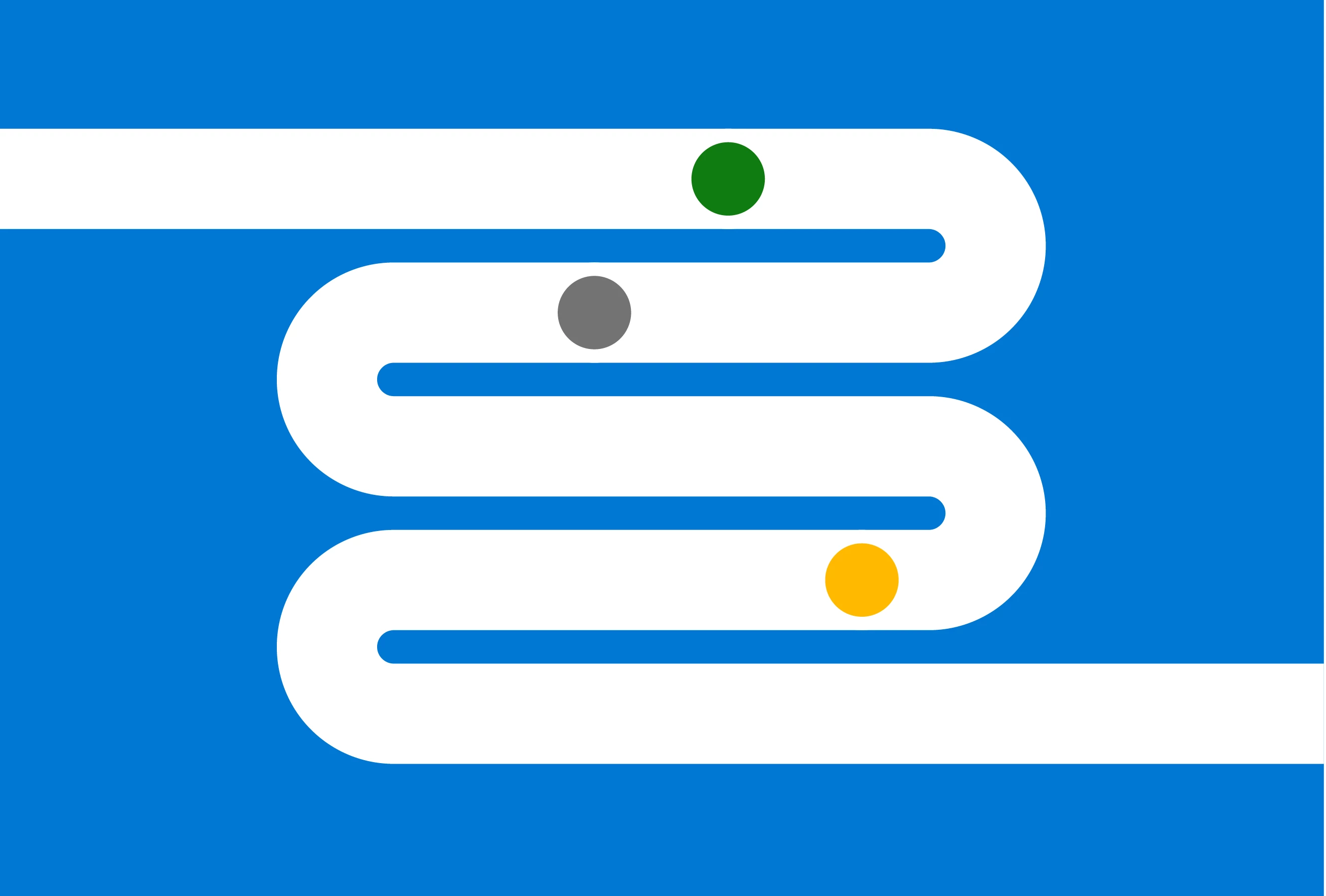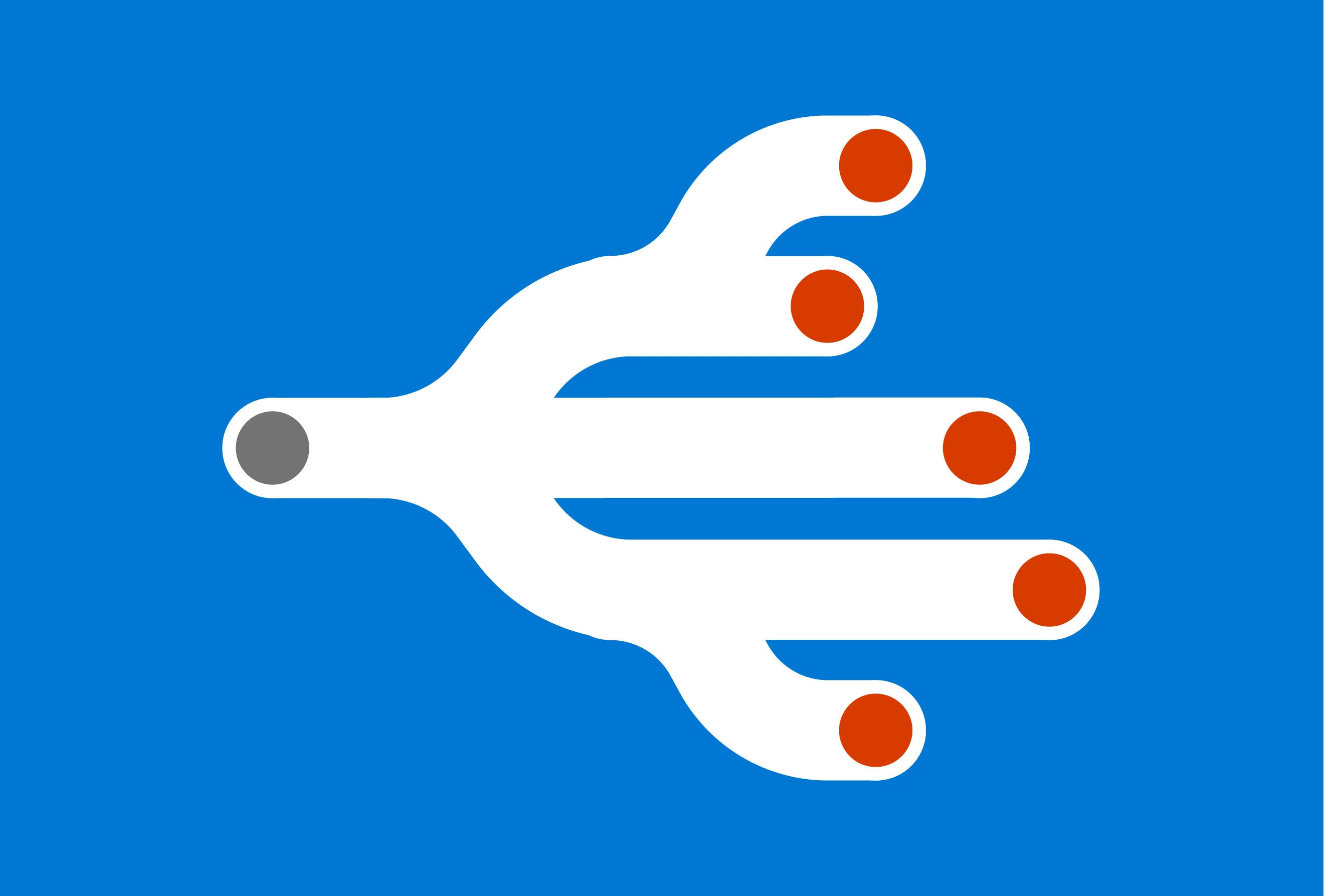


Threat actors
Microsoft actively discovers and tracks threat actors across observed state-sponsored, ransomware, and criminal activities. Get insights from the 60 nation-state actors, 50 ransomware groups, and hundreds of other attackers we’ve tracked.
Refine results
Topic
Products and services
Publish date
-

Midnight Blizzard: Guidance for responders on nation-state attack
The Microsoft security team detected a nation-state attack on our corporate systems on January 12, 2024, and immediately activated our response process to investigate, disrupt malicious activity, mitigate the attack, and deny the threat actor further access. -

Analyzing Forest Blizzard’s custom post-compromise tool for exploiting CVE-2022-38028 to obtain credentials
Since 2019, Forest Blizzard has used a custom post-compromise tool to exploit a vulnerability in the Windows Print Spooler service that allows elevated permissions. -

Moonstone Sleet emerges as new North Korean threat actor with new bag of tricks
Microsoft has identified a new North Korean threat actor, now tracked as Moonstone Sleet (formerly Storm-1789), that combines many tried-and-true techniques used by other North Korean threat actors, as well as unique attack methodologies to target companies for its financial and cyberespionage objectives. -

Exposed and vulnerable: Recent attacks highlight critical need to protect internet-exposed OT devices
Since late 2023, Microsoft has observed an increase in reports of attacks focusing on internet-exposed, poorly secured operational technology (OT) devices. -

Onyx Sleet uses array of malware to gather intelligence for North Korea
On July 25, 2024, the United States Department of Justice (DOJ) indicted an individual linked to the North Korean threat actor that Microsoft tracks as Onyx Sleet. -

Peach Sandstorm deploys new custom Tickler malware in long-running intelligence gathering operations
Between April and July 2024, Microsoft observed Iranian state-sponsored threat actor Peach Sandstorm deploying a new custom multi-stage backdoor, which we named Tickler. -

North Korean threat actor Citrine Sleet exploiting Chromium zero-day
Microsoft identified a North Korean threat actor exploiting a zero-day vulnerability in Chromium (CVE-2024-7971) to gain remote code execution (RCE) in the Chromium renderer process.









